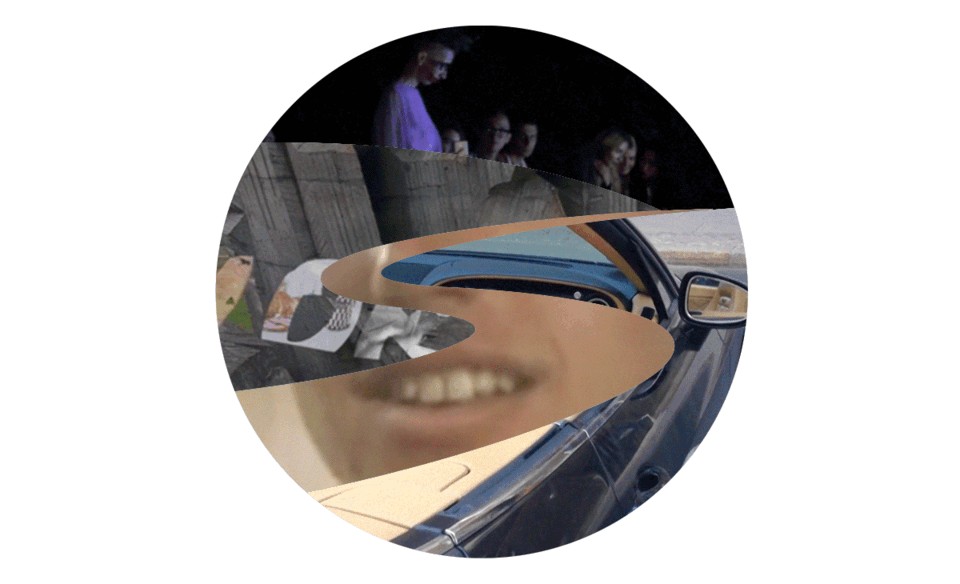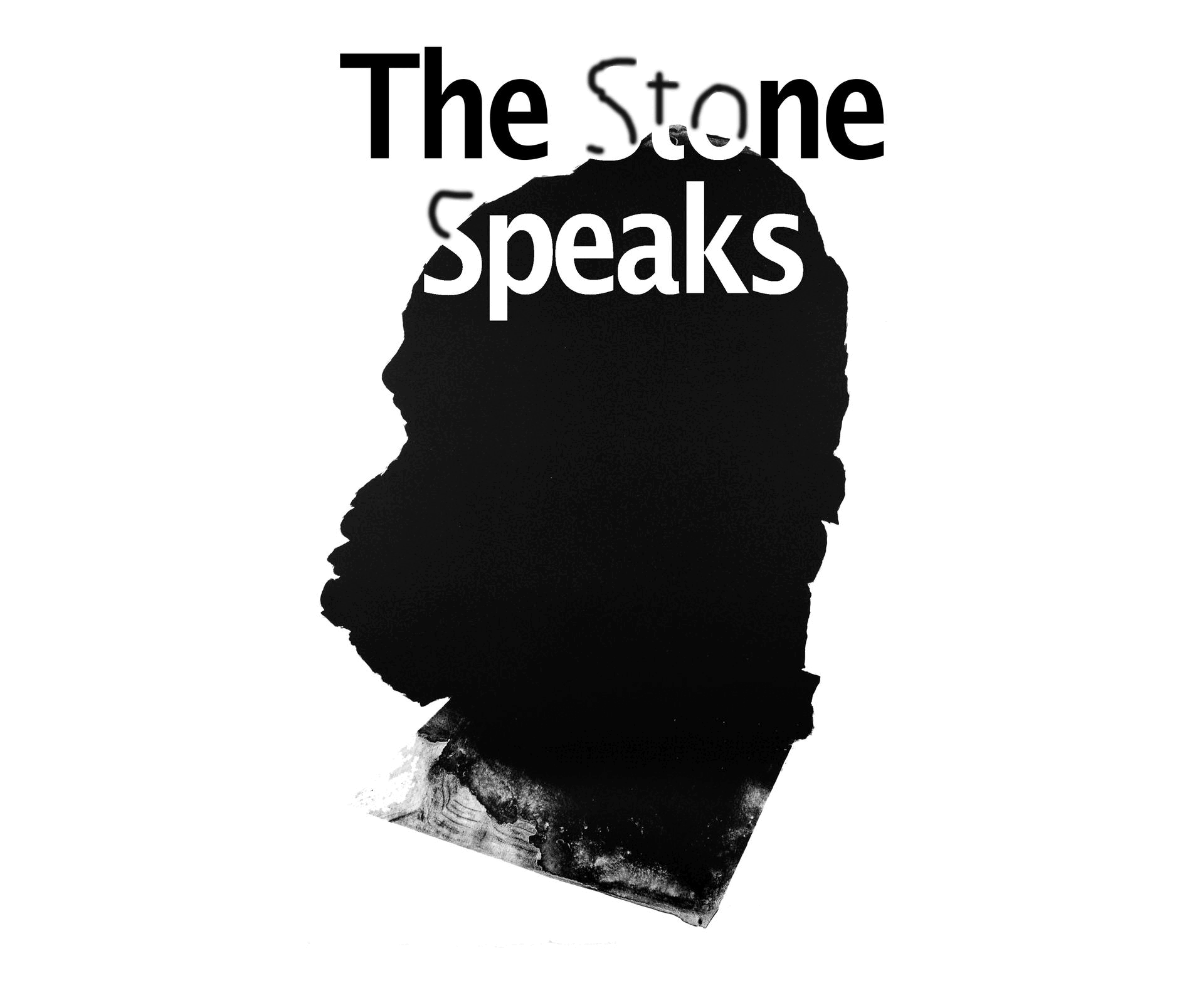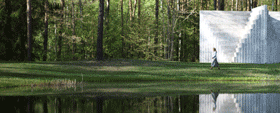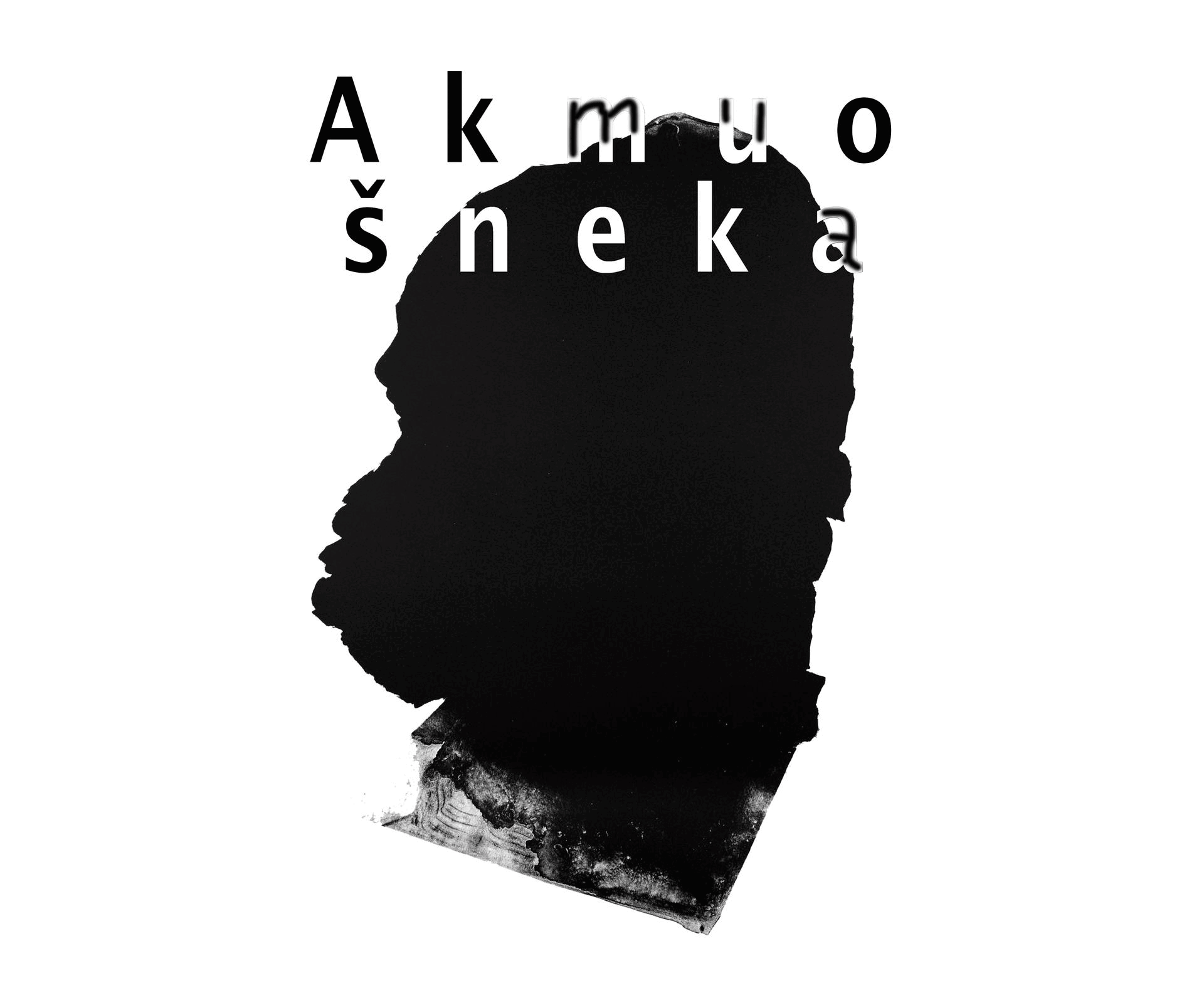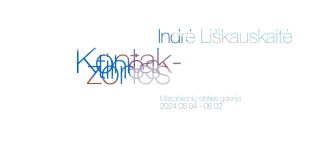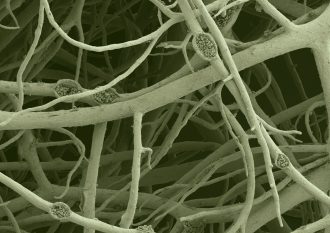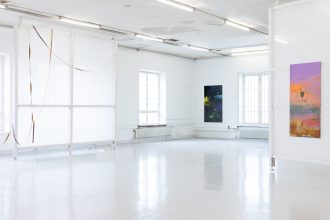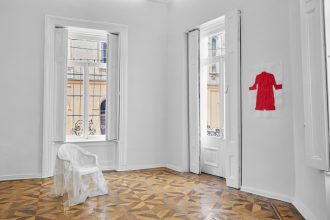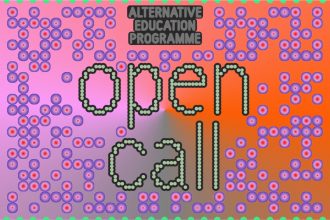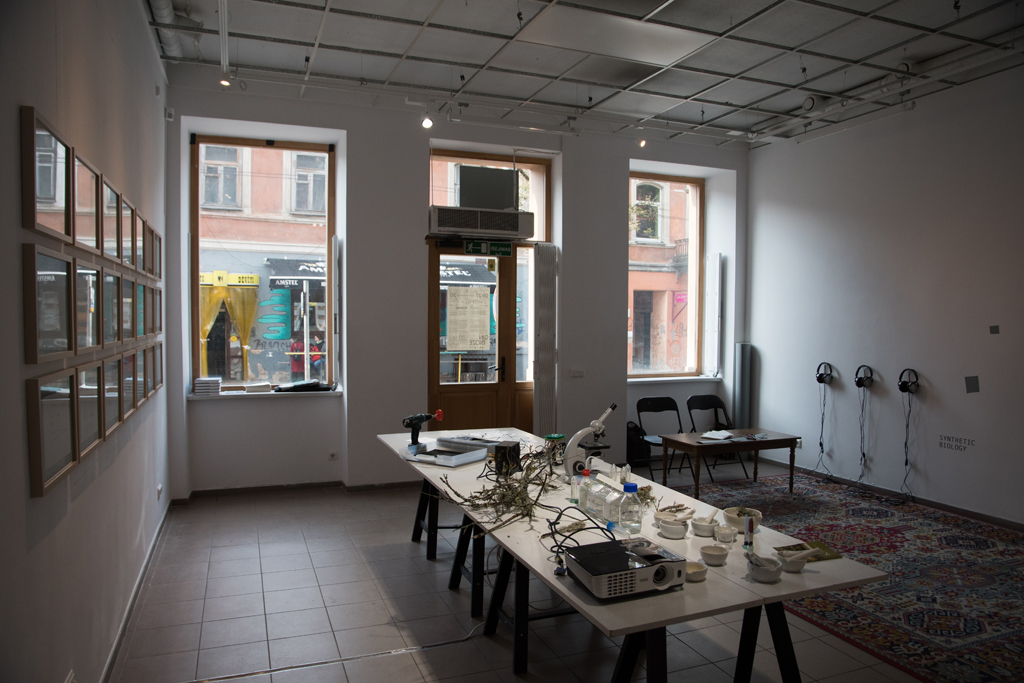 Self-repair lab, a part of siNbiozė project, with an exhibition and a workshop on monitoring urine takes place in a newly shaping TopLab in Berlin 16 December 2017. Offering activities in real laboratory and also home–like environment, as well as philosophical/theoretical, scientific and hands–on approaches, this lab will allow to discuss the issues of self–repair, creation/altering of organisms as well as bioethics/biosafety from multiplicity of perspectives.
Self-repair lab, a part of siNbiozė project, with an exhibition and a workshop on monitoring urine takes place in a newly shaping TopLab in Berlin 16 December 2017. Offering activities in real laboratory and also home–like environment, as well as philosophical/theoretical, scientific and hands–on approaches, this lab will allow to discuss the issues of self–repair, creation/altering of organisms as well as bioethics/biosafety from multiplicity of perspectives.
Contributions by Mindaugas Gapševičius, Lina Rukevičiūtė, Alessandro Volpato, Gabrielius Jakutis, Miglė Kalvaitytė, Emilija Vasiliūnaitė among others
SynORI – a framework for multi–plasmid systems
The series of drawings introduce the Vilnius–Lithuania iGEM 2017 team‘s process of developing a SynORI – synthetic origin of replication. Under the same name the team has created a framework which, for the first time in science history, enables the alteration of plasmid copy number and standardized regulation of multi-plasmid systems. SynORI incorporates a subsystem for reducing the amount of antibiotics needed to maintain multiple plasmids in one cell, and will enable the creation of more complex metabolic pathways, smart assembly of protein complexes and a more precise information processing in synthetic biology.
Monitoring Urine lab with Alessandro Volpato
Understanding our health status is easy, thanks to well designed equipment, extensive public documentation and collaboration with medical staff. This workshop is about checking biomarkers in own urine, which are measurable indicators of a biological state.
First, every participant will check 10 parameters of their own urine with test strips. The parameters to test will be: proteins, glucose, ketones, haemoglobin, bilirubin, urobilinogen, acetone, nitrite, leucocytes and pH. We will analyze the values and understand what is their meaning. In the second part, participants will learn how to test the OD (optical density) of urine with a DIY photometer.
Self-repair
Self-repair project is conceived and realized by Mindaugas Gapševičius. It is a reference to non-traditional cases where social considerations are excluded under existing circumstances, or a reference to the contexts of malfunctioning systems, especially of those related to one’s own body. Self-repair is about an ability to identify and to fix one’s own systems, by studying the available knowledge and consulting qualified specialists. Self-repair is also about experiments that might not be yet tolerated by society and that might instead be yet considered unethical.
Mindaugas Gapševičius (miga) is an artist, interested in intersection between arts, technologies and sciences. Since four years he is interested in the emergence of life and interaction between organic and inorganic matter. Mindaugas Gapševičius is a PhD candidate and an artistic associate at the Bauhaus University, Weimar. Interested in DIYbio and beyond.
Vilnius–Lithuania iGEM is the premiere student team competition in Synthetic Biology. In 2017 competition Vilnius–Lithuania iGEM 2017 team won the Grand Prize. Collaborators include Gabrielius Jakutis, Miglė Kalvaitytė, Emilija Vasiliūnaitė.
Alessandro Volpato is a biologist working on lab automation and designing systems for open and accessible science. He is interested in bridging communities and promoting interdisciplinary collaboration to valorize each other’s work.
The laboratory is organised by Institutio media in collaboration with >top e. V. and Vilnius–Lithuania iGEM 2017 team. The event is kindly supported by Lithuanian Council for Culture and the Ministry of Culture of the Republic of Lithuania, Nordic Council of Ministers.
Event date 16.12.2017
19:00 – 23:00
TopLab at Schillerpromenade 4, 12049 Berlin
http://www.top-ev.de/schillerpalais/self-repair-lab/

